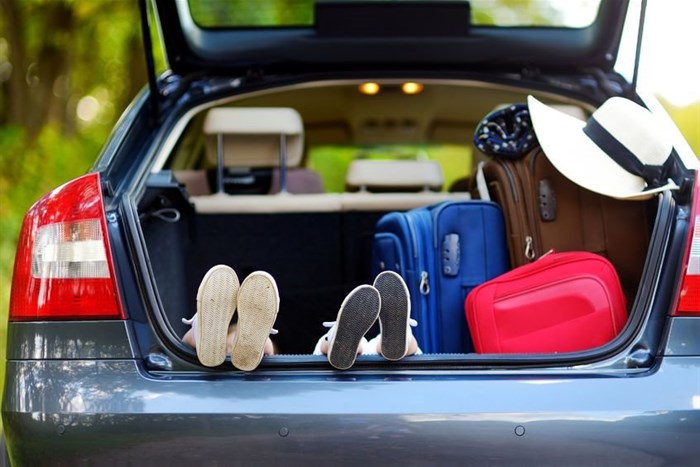
Top stories






More news


Marketing & Media
Ads are coming to AI. Does that really have to be such a bad thing?














Covid-19 has decimated global economies and industries, including tourism and travel.
The South African tourism sector has not escaped the brunt of the pandemic. Between mid-March and the end of July 2020, the sector may have lost an estimated R88.8bn in output and 438,000 jobs are at risk.
Thankfully, we are now seeing a gradual reopening of the sector, with some destinations either easing or lifting travel restrictions.
Consistent with the message of our government, South African Tourism’s key message since the Covid-19 outbreak, has been to put the preservation of human life at the centre of our response to the pandemic.
We are cognisant of our shared responsibility to preserve lives, regardless of the sector to which we belong.
SA Tourism’s message has been consistent. When it became clear that the virus was spreading to the rest of the world at an alarming pace, we went against our grain as tourism promoters and encouraged people to stay home. At the time, I said the consequences of the spread of the virus far exceeded the business impact.
As South Africa experienced the first few cases of the virus, Minister of Tourism, Ms Mmamoloko Kubayi-Ngubane, in March convened a meeting with the private sector to discuss the possible scenarios of how we thought the pandemic was going to play out in South Africa.
In one of the scenarios, the Minister said cases of coronavirus were likely to peak between the third and the fourth quarter and that the of impact such a scenario on the sector was going to be severe, characterised by the closure of businesses and severe job losses. Sadly, that is what we are going through at the moment.
As of 29 July 2020, a cumulative total of 471,123 confirmed Covid-19 cases in South Africa have been recorded, with 7,497 deaths.
The South African tourism sector has done a great job at putting in place health and safety protocols, in a move that goes a long way to boosting traveller confidence.
As we push for the gradual reopening of the tourism sector, we must remember our collective responsibility to slow down the rate of infections.
A number of countries that have eased travel restrictions use a colour-coding system that classifies other countries into three zones – red, yellow and green – depending on their coronavirus risk. These classifications determine who countries let in and travel to. Countries falling under the green list are deemed “safe”, those in the yellow category are allowed in with some precautionary measures while those in the red category, are considered “unsafe.” The colour-coded system is a big factor for travellers looking for destinations to explore.
We need to make a collective effort to ensure that South Africa does not land up on the "red list" of any country, particularly not our key source markets. We are currently in the top 5 of countries with the most Covid-19 cases, which puts us at risk on being classified as unsafe to travel to whether for business or leisure.
The changing patterns in the spread of Covid-19 make it harder to predict what lies ahead. A number of international countries are worried about a looming "second wave" of coronavirus infections. The environment is incredibly fluid. Spain, for instance, has experienced a surge in new infections, which has made the UK move Spain into its “yellow list”, meaning that those who travelled from the UK to Spain are now subject to an unplanned 14-day quarantine on their return. Germany has listed South Africa as a red country, a challenge because it is one of our key source markets with 322,720 tourists having travelled to our country in 2019 alone.
The greatest risk to travel and tourism recovery is the spontaneous imposing of restrictions, particularly a 14-day quarantine on travelers to and from countries. A surprise quarantine is clearly the number one deterrent of travel beyond domestic.
To quote the UNWTO General Secretary, Zurab Pololikashvili, "trust is the new currency of our new normal". So, while our borders our closed, let us use this opportunity bed down our health and safety protocols, and use domestic tourism as a means for us to build global confidence and trust. As part of building trust, Minister of Tourism has indicated that industry health protocols will be officially adopted as country standards by end of August.
Intra-provincial leisure travel is now allowed and this is indeed another victory for the sector, locally. However, long haul travel is still some time away.
